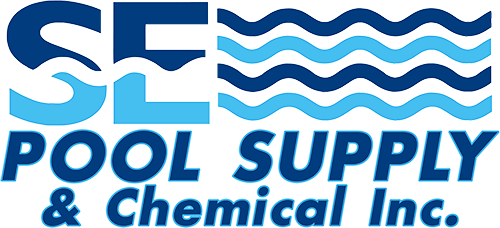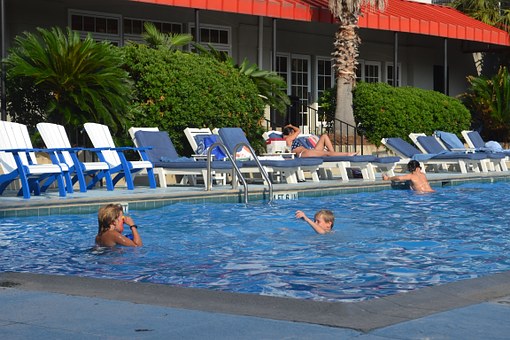Don’t worry too much. There is not usually much risk associated with swallowing pool water. It usually just means that a small amount of chlorine and other contaminants were ingested. Funny – or maybe somewhat creepy fact – there is approximately 1/100th of a perfect of urine in pool water. But don’t let this bother you either because they also find it, it much smaller quantities in tap water!
Okay, let’s try to put that out of our minds and talk worst case scenario. If your child is very young and water is inhaled, you may want to visit the ER because – even though unlikely – it can lead to pneumonia or other serious conditions. No matter what the child’s age, you also need to consider how much pool water was swallowed. This is also very unlikely, but if pool water is rapidly ingested, it can cause headaches, dizziness, nausea…and very, very unlikely death.
When too much chlorine is ingested, your child can suffer from what is called chlorine poisoning. Symptoms can include upset stomach, wet sounding persistent cough, fatigue and even trouble breathing. It can also affect the nervous and respiratory systems, affecting vision and causing swelling or burning in the eyes, nose, throat and ears.
When your child is done swimming, check his or her eyes for redness. If your child has been swimming under water for quite a while, this can be typically. However, if not, very irritated eyes can indicate high levels of chlorine. And even though all of the dangers mentioned in this blog are highly unlikely, it is also a good idea to be on the alert for flu-like symptoms.



 Hosting NSB
Hosting NSB